
Bluetooth Product FCC-ID Certification Testing
FCC-ID Certification Overview:
FCC ID certification is a complianCE certification for electromagnetic compatibility in the United States. Products with Bluetooth modules, as well as Bluetooth technology used in other applications (such as Bluetooth headsets, Bluetooth speakers, Bluetooth mice, Bluetooth keyboards, etc.), need to comply with the fcc part 15 regulations when applying for fcc id certification.
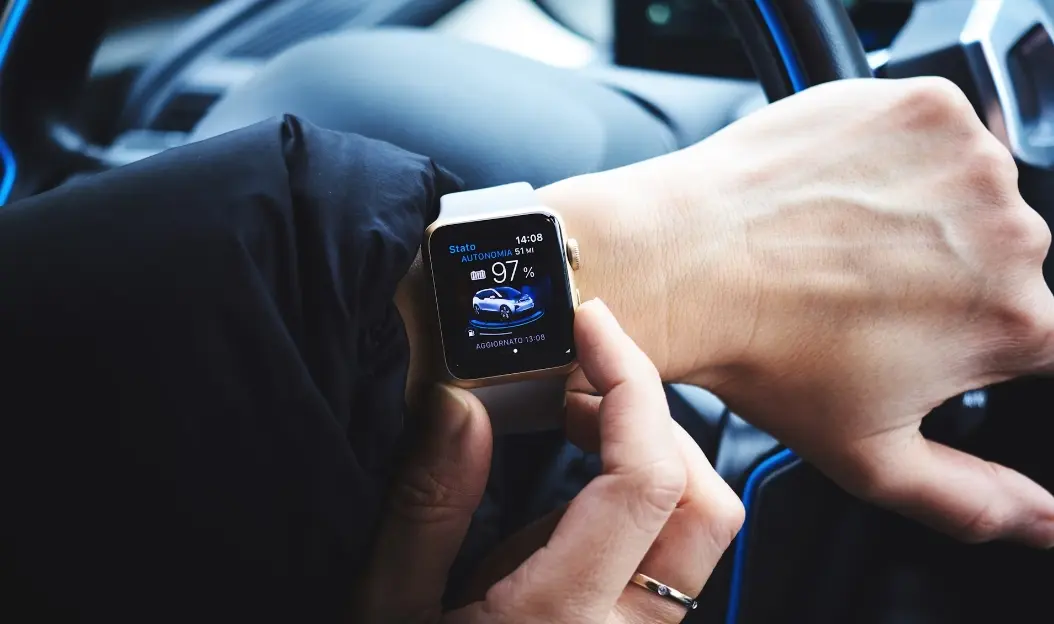
Bluetooth Device FCC ID Certification Testing Items:
Bluetooth devices typically use frequency-hopping spread spectrum (FHSS) technology, with a frequency range from 2402 to 2480 MHz. The lower limit cannot be lower than 2400 MHz, and the upper limit cannot exceed 2483.5 MHz. The testing process usually involves testing three frequency segments: 2402 MHz, 2441 MHz, and 2480 MHz.
For Bluetooth headsets, depending on the Bluetooth version, which includes versions V4.0, V4.1, V4.2, and V5.0, most chips tend to use CSR chips. When performing Bluetooth testing, the manufacturer needs to provide an engineering prototype and frequency control software. The specific testing items include:
1. RF power test, including two aspects: conducted power and radiated power.
2. 20 dB bandwidth.
3. Frequency range, ensuring it falls within the specified frequency range of 2402-2480 MHz.
4. Radiation test, requiring a 20-fold frequency test.
5. BE test, i.e., off-band spurious emission test.
6. Conducted spurious emission test.
7. Transmission time test.
Materials Needed for FCC Certification Preparation:
1. The applicant must complete the FCC verification application form (including the full names of the manufacturer and certifying party, product name, model specifications, detailed address, phone number, fax number, and contact information).
2. A copy of the installation and operation manual for the verification equipment provided to the customer. (If the product does not yet have a user manual, a document outlining related content can be provided).
3. The product's electrical schematic and explanation. (If the product has a grounding device or wireless antenna, it should be described).
4. A frequency chart for the product, listing the signal transmission paths and corresponding operating frequencies.
5. Other product characteristics that must be indicated.
How Long Does It Take for Bluetooth Device FCC-ID Certification?
The FCC certification process for connected devices typically takes 3-5 weeks.
Contact Us:
China JJR Laboratory is an accredited laboratory by international organizations such as CNAS, CMA (China Metrology Accreditation), A2LA (American Association for Laboratory Accreditation), WPC (Wireless Power Consortium), Bluetooth SIG (Bluetooth Special Interest Group), Amazon, and other international institutions.
Email:hello@jjrlab.com
Write your message here and send it to us
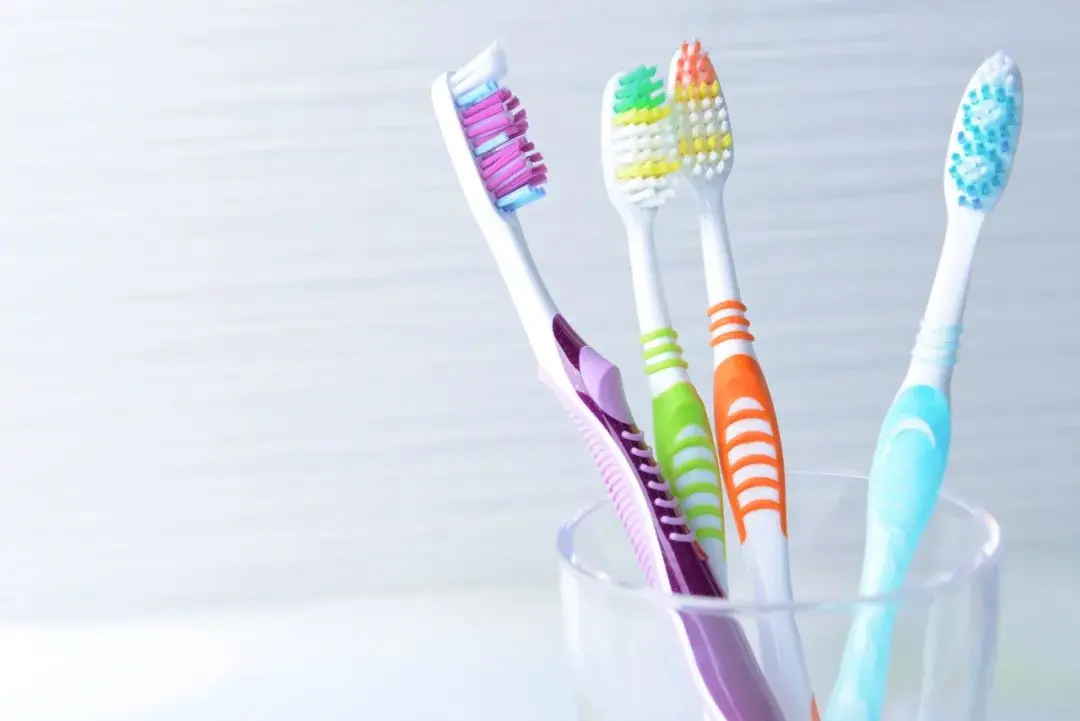 Toothbrush FDA Certification Testing
Toothbrush FDA Certification Testing
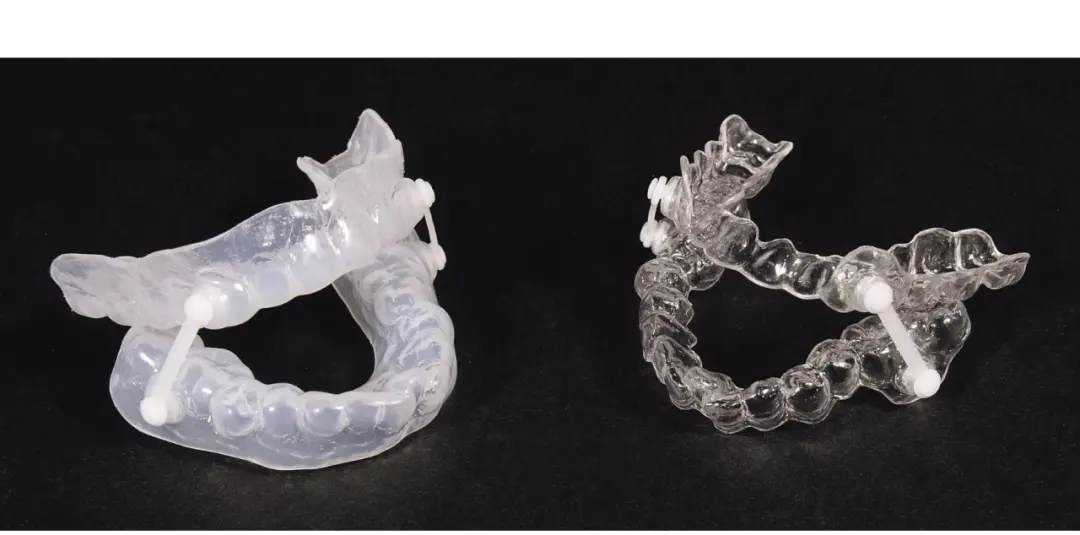 Snoring Device FDA 510k Standard Testing
Snoring Device FDA 510k Standard Testing
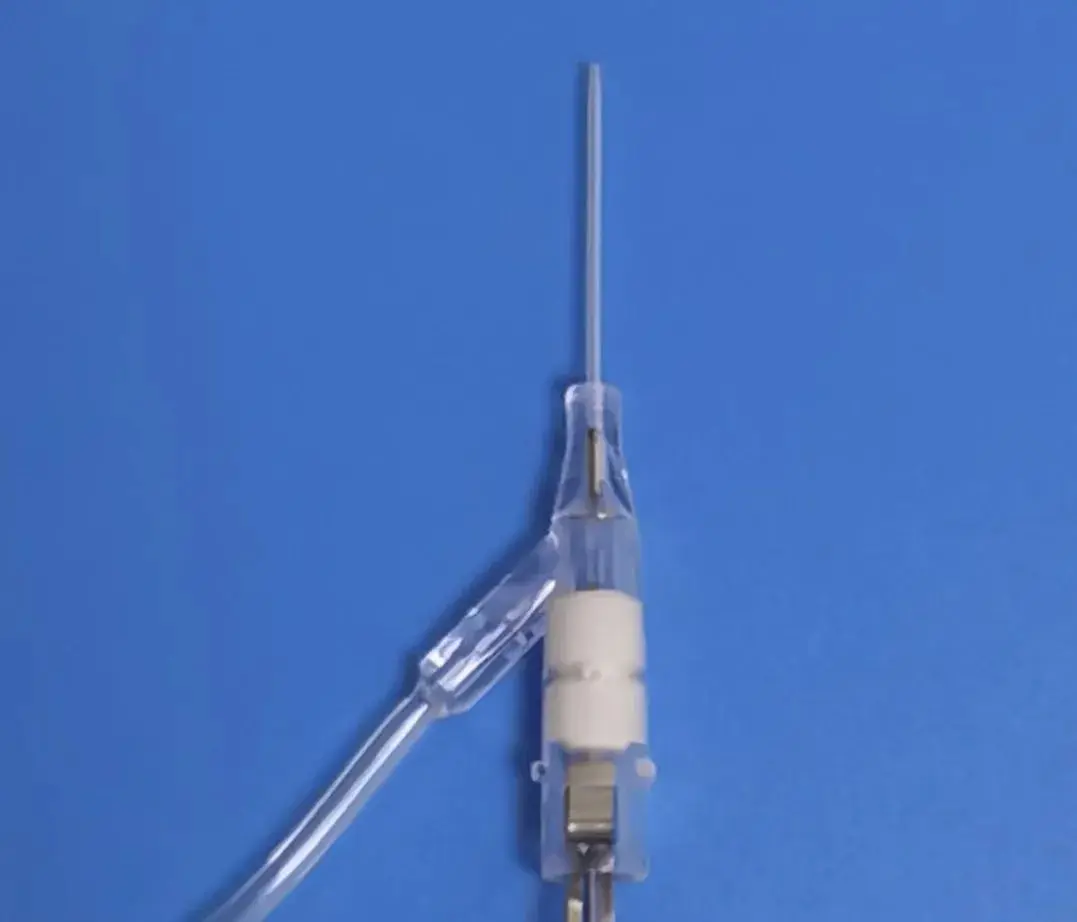 Single Use Intravenous Catheter Certification Test
Single Use Intravenous Catheter Certification Test
 Silicone Material Product Compliance Certification
Silicone Material Product Compliance Certification
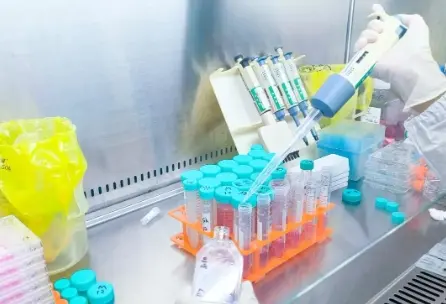 What to Do If Cytotoxicity Test Results Are Positi
What to Do If Cytotoxicity Test Results Are Positi
 ISO 10993:5 Cytotoxicity Testing Methods
ISO 10993:5 Cytotoxicity Testing Methods
 FDA ISO 10993-1 Biocompatibility Evaluation Guidel
FDA ISO 10993-1 Biocompatibility Evaluation Guidel
 In Vitro Cytotoxicity Testing for Medical Devices
In Vitro Cytotoxicity Testing for Medical Devices
Leave us a message
24-hour online customer service at any time to respond, so that you worry!




